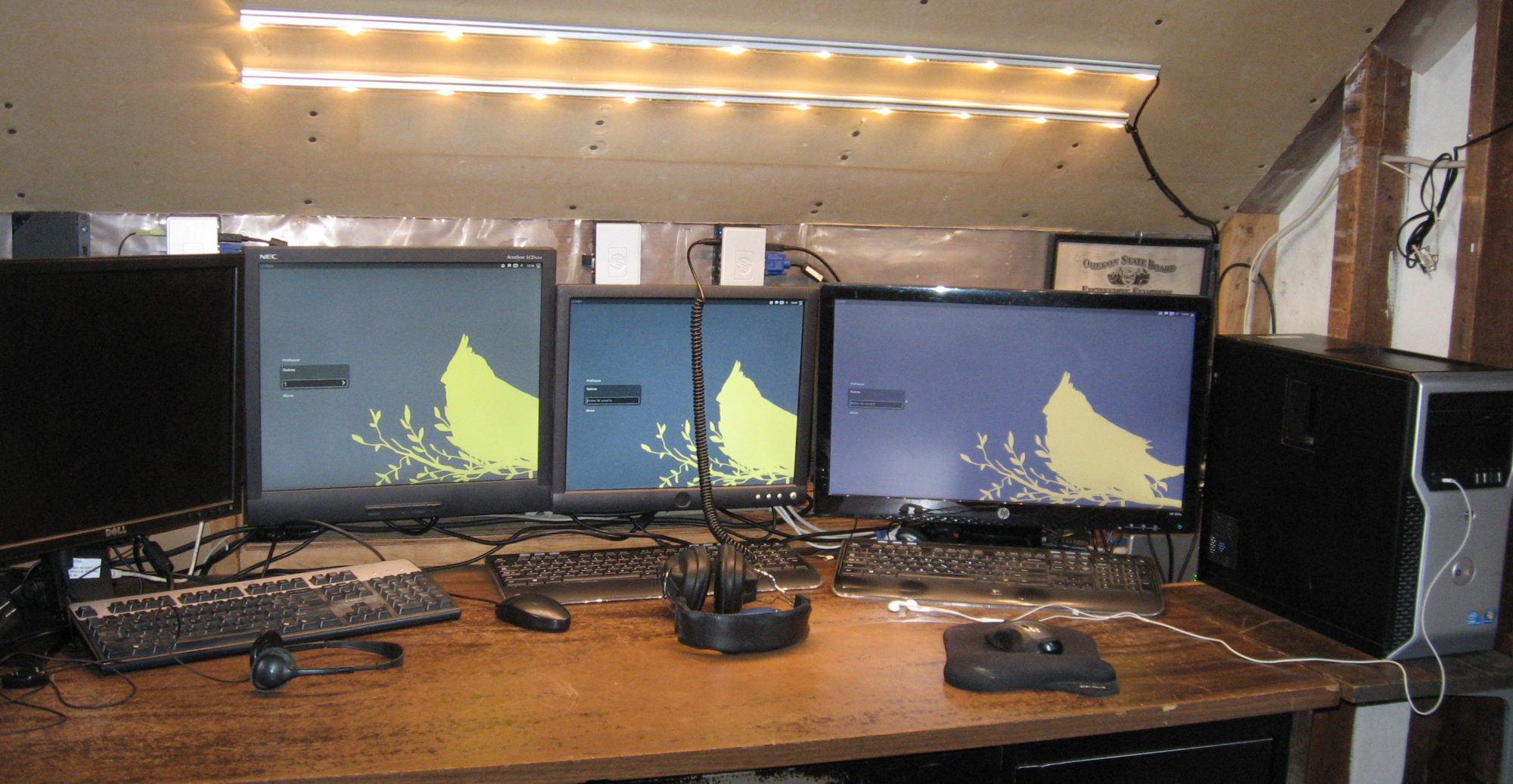
In 2014, I had become fully fed up with telemarketer calls on my landline, so I discontinued that service provider and got a free google voice account. On April 29,2014, I bought the Obi 202 which bridges my google voice to my legacy landline phones including one with caller ID. It can double as an in house intercom between the two phone lines it supports. This allows me to receive and make calls without needing my computer to be on. There are so many features that it takes a 220 page manual to explain how to implement them all! It contains a local web server for configuration and for displaying status, including a detailed call history of up to 400 calls. Internally it stores these as an XML file which it displays in HTML, 50 calls per page. You can download this XML file as well as delete the call history after downloading. This download can also be done with a program script saving several clicks to get to the download option in its internal web server.
#!/bin/sh # executable script for downloading callhistory.xml from Obi200/202 curl -o ~/callhistory.xml --digest -u username:password http://IP/callhistory.xml
In the script above , you need to edit it for your username, password, and Obi IP address. By default, the download will go to the home directory of the user executing the script. –digest encrypts your username and password so these are not sent as clear text. Additional security precautions would be to avoid having the password in the script itself. If you leave off both the “:” and the password, the script will ask for it when executed in terminal.
XML is more compact than HTML, but it is not user friendly to view. I have written code that converts XML and displays it as HTML. You may upload your callhistory.xml using my server: http://www.raspiplayer.com/CallHistory/ During the conversion, your file will be in a temporary directory with a unique file name. I do not use your data for any purpose other than providing this free conversion service.
In January 2018, Obihai Technology, Inc. was bought by Polycom. In a firmware update to rebrand this device, they crippled the feature that allowed attaching USB 2.0 data storage to the device. I question the legality of sabotaging customer equipment purchased before Polycom acquired Obihai Technology, Inc.
The USB storage feature would allow storing encrypted usernames and passwords for a collection of Raspberry Pi desktops, perhaps also persistent storage for user profiles. That would allow centralized management and users could sit down at any workstation, login, and update their browser bookmarks as well as save any files they created. This can be accomplished with a separate server, but not having a separate server drawing power just to provide storage, would be a savings in hardware and operating costs for a home system if that family already had an Obi 202 purchased before Polycom acquired its manufacturer.
During the pandemic, HP acquired Polycom. Now legacy Google voice has discontinued support for the Obi202.
https://support.google.com/voice/community-guide/248839601/using-google-voice-with-obitalk-devices-after-12-18-2023?hl=en
so its remaining use is limited to an in house intercom or configuration for a SIP phone.
If you already have an Android cell phone or Android TV box, there is a google voice app available. Once installed, can you make and receive google voice calls without a cell phone service provider? https://play.google.com/store/apps/details?id=com.google.android.apps.googlevoice&hl=en_US&gl=US&referrer=utm_source%3Dgoogle%26utm_medium%3Dorganic%26utm_term%3Dgoogle+voice+for+android+apk
